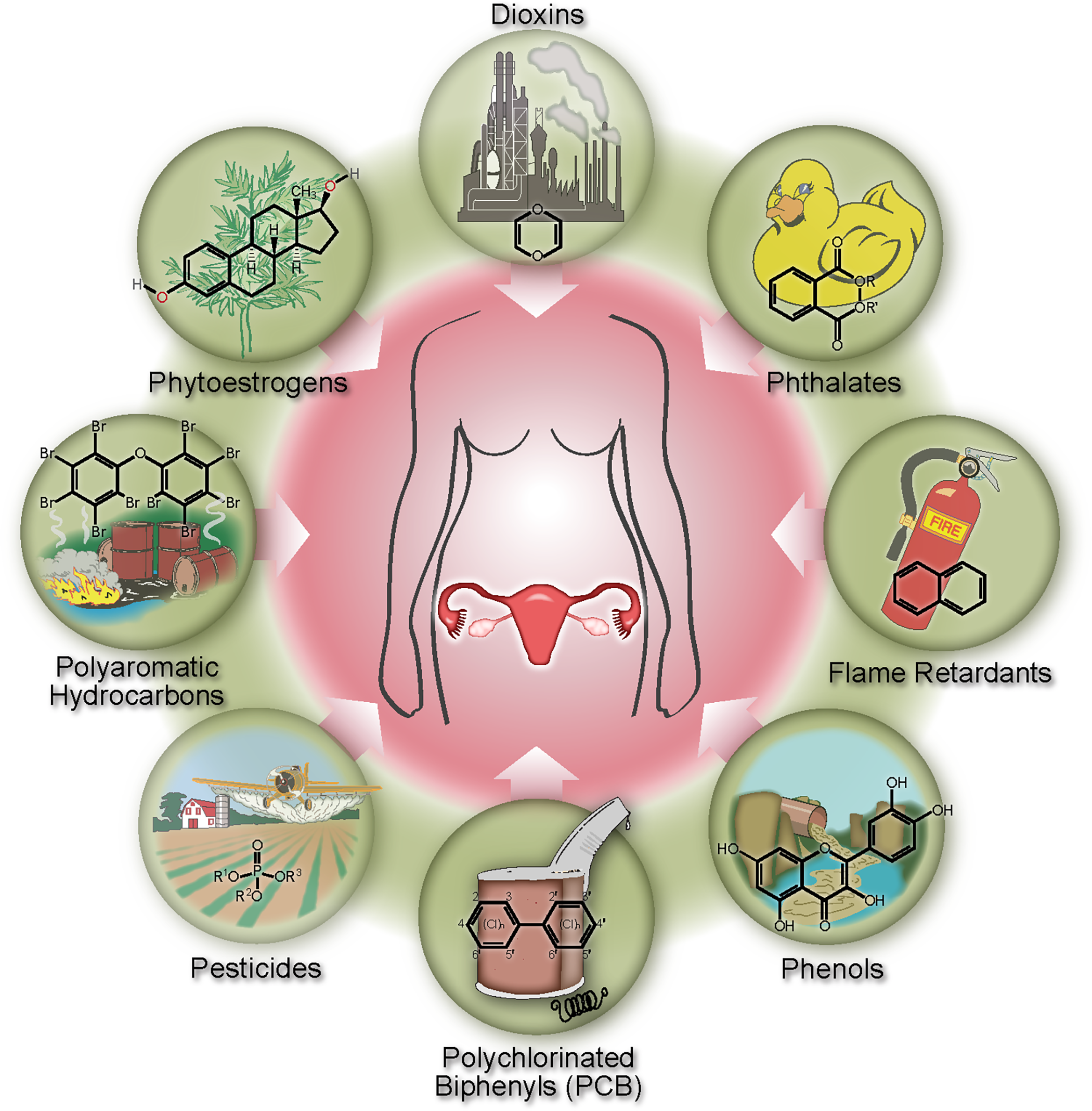Industry association PlasticsEurope has joined MEPs, health campaigners and other industry groups in criticising long-overdue criteria to define endocrine disrupting chemicals (EDCs) which the European Commission published this week. While the comments themselves differed, there was agreement that the criteria, required to determine what substances should be banned as hormone-shifting endocrine disruptors under European Union biocides and pesticides regulations, were not in line with the legislation. The criteria, which were revealed in two draft regulatory acts, are based on the World Health Organisation’s (WHO) definition of EDCs so – much to industry’s dismay – do not include potency as a deciding factor. But, unlike the WHO definition, the criteria stipulate there must be an adverse effect on human health with a causal link to the endocrine mode of action, using a weight of evidence approach to assess biological plausibility.
This brought criticism from MEPs and non-governmental organisations, which say most EDCs will slip through the net. Endocrine Society president Henry Kronenberg argued: “The European Commission has set the bar so high that it will be challenging for chemicals to meet the standard, even when there is scientific evidence of harm.”
The European Parliament’s environment, public health and food safety committee, trounced the criteria on 16 June, with Dutch pro-animal rights MEP Anja Hazekamp calling them “a rather distorted definition of the World Health Organisation” and Italian socialist MEP Nicola Caputo stating that they were “a lot more rigid than the WHO definition”.
EU health and food safety commissioner Vytenis Andriukaitis rejected accusations from MEPs at the 16 June meeting that the proposed criteria would shift EU biocides and pesticides regulation from a hazard to a risk based system. He stressed: “If a substance is identified as a hazard it will be banned unless derogations apply.”
The proposed derogations based on negligible “risk” rather than “exposure” as in the two mother regulations similarly came under fire from MEPs, who accuse the Commission of trying to change the legislation unlawfully.
Source: PRW Plastics & Rubber Weekly, 17 June 2016
http://www.prw.com/article/20160617/PRW/160619864/wave-of-criticism-gre…

- Login om te reageren
